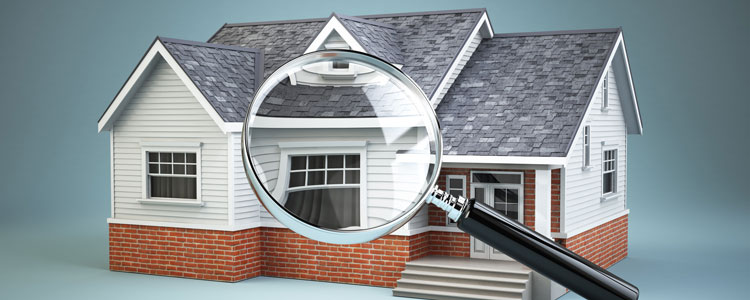Your home’s value will be influenced by the value of the properties surrounding it. Common wisdom suggests that you should not purchase the most expensive home in the neighborhood. There are numerous factors to consider when choosing a neighborhood; some may be more important to you than others. Among them are:
Schools
The quality of the schools in the area is of extreme importance, especially if you have children. Even if you don’t, the reputation of the school system may be an important factor if you later decide to sell your home.
Crime Levels
Is the crime rate increasing or decreasing? Find out the frequency of break-ins and other crimes against homeowners in the area. Public records at the town hall and newspaper archives at the local library may be good sources of information.
Utilities
What’s the average cost of utilities in the area? How does the tap water taste, and is it fluoridated? How promptly does the phone company respond to maintenance calls? Is cable television available?
Hospitals
Find out how close the nearest hospitals are. Inquire about the reputations of emergency and other services, and determine if they accept your medical insurance.
Property Taxes
What is the residential property tax rate, and how often does it increase? How is the property appraised?
Municipal Services
Determine what services (e.g., garbage removal, recycling, or water and sewage) might be provided by the community, and what services (if any) you’ll have to pay a private contractor to provide.
Accessibility
If you choose a suburban location, will you have a lengthy commute to work? Test your commute to work in off-peak hours and during prime drive time.
Business Considerations
If you operate a business from your home, you’ll need to know whether this is permitted in the neighborhood you are considering. Will on-street and/or off-street parking be available?
Recreation
Will you be near golf courses, public gyms, tennis courts, swimming pools, or parks? Will you need to pay to use these facilities?
Transportation
Convenient access to commuter rail lines, buses, subways, and highways is generally advantageous, although noise, traffic, and pollution can be concerns if these facilities are too close to your home.
Traffic
While an increase in traffic generally signals growth in the area, excessive traffic can cause unhealthy levels of noise and air pollution. Get a clear impression of the traffic situation both during the week and on the weekends.
Shopping
Are you close to grocery and convenience stores, pharmacies, gas stations, dry cleaners, and banks? Are you so close that traffic will be a problem?
Neighbors
Can you determine if your neighbors might share your interests? Look for ski racks or bike racks on their cars, or barbecue grills in back yards. If you have children, are there signs of other children of similar ages in the neighborhood?
Terrain
Find out if flooding has been a problem in the recent past, or if the area is part of an identifiable flood plain.
Future Improvements
Check with the zoning department at the local town hall to see if any zoning changes, airport expansions, road improvements, etc. may impact the area you’re considering.
Make a list
To help you refine what you’re looking for in a home, consider making a list of your wants and needs (bearing in mind the difference between the two). You might also compile a list of objectionable features, or “don’t wants,” to get a complete picture of your ideal home. While evaluating your wants and needs, don’t forget about your resources (or lack thereof). Always keep in mind what you can afford.

